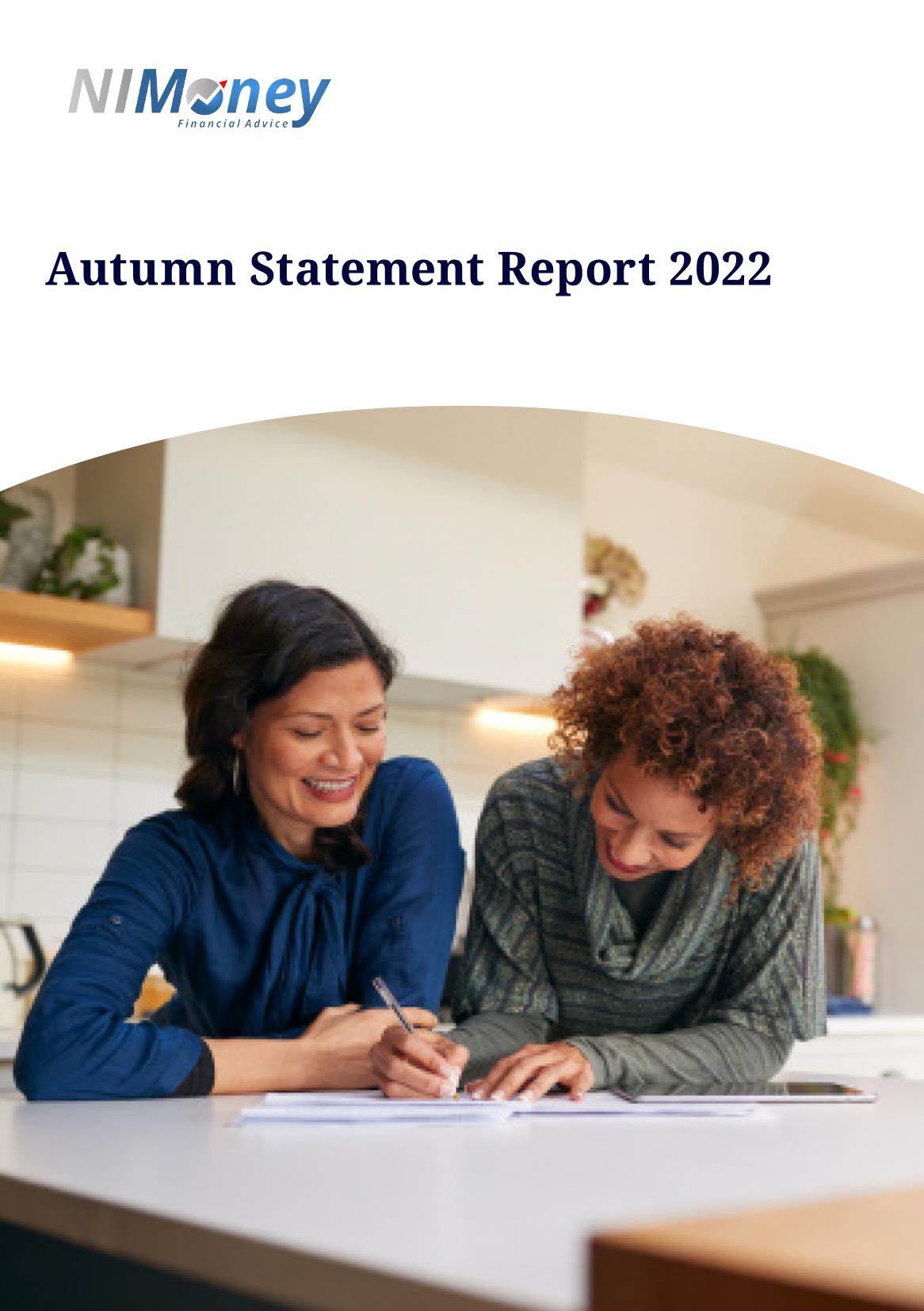Will we ever summit the Pensions mountain?
Average person will need £260,000 for retirement, says report
Yesterday, press commentary from the BBC and Guardian newspaper published new research from Royal London which has found that the pension pot needed to avoid an uncomfortable retirement – dubbed the ‘pension mountain’ – has grown in size in real terms by three quarters since 2002 from around £150,000 to £260,000.
Click the link below for a copy of the full Royal London policy paper for your information.
The Pension Mountain - A study by Royal London
The paper goes on to claim that, with falling levels of home ownership, younger generations who end up having to pay rent in retirement could need a total pot as high as £445,000 to avoid a slump in living standards when they stop work.
Royal London’s paper seeks to answer the most frequently
asked question in pensions – how much do I need to save for my
retirement? It looks at an average earner on just under £27,000 per year
and assumes that they draw a full state pension of just over £8,500 per year.
It assumes that retirement will bring some cost savings such as no longer
having to pay a mortgage, no longer having to contribute into a pension and no
work-related costs such as season tickets etc., and therefore suggests that
workers who can retire on two thirds of their pre-retirement wage will see no
fall in their standard of living when they stop work. This means a
private pension income of just over £9,000 is needed in addition to the state
pension.
If you’d like advice on your pension and investment planning, please get in touch.
The tax efficiency of pensions is based on current rules. The current tax situation may not be maintained. The benefit of the tax treatment depends on the individual circumstances.
The value of your investment fund any income from it may fall as well as rise. You may not get back the amount you originally invested.











